Molly Ringwald Defends “Unfairly Canceled” People: “We’re Basically Puritans”
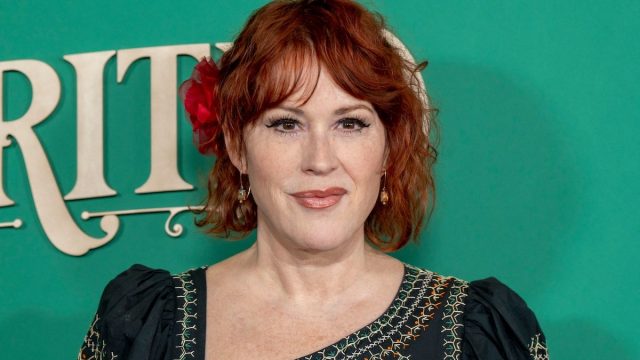
After decades in the industry, Molly Ringwald has been outspoken in recent years about the #MeToo movement and reexamining the media of the past with a more enlightened lens. So it’s no surprise that she has some thoughts on cancel culture, too. In a new interview with The Guardian, the Sixteen Candles star explained why she thinks that the conversation needs to be more nuanced when it comes to calling out bad behavior and making a necessary change in society.
In the past, Ringwald has been similarly thoughtful in reassessing the John Hughes teen comedies of the ’80s, which brought her fame but also include offensive jokes, storylines, and characters. While acknowledging their issues, the actor and writer argued against dismissing those movies completely, and she has a similar take on cancellation in general. Read on to find out more.
READ THIS NEXT: 6 “Canceled” Celebrities Who Were Never Heard From Again.
She says that not everyone “belongs in the same category” as Harvey Weinstein.
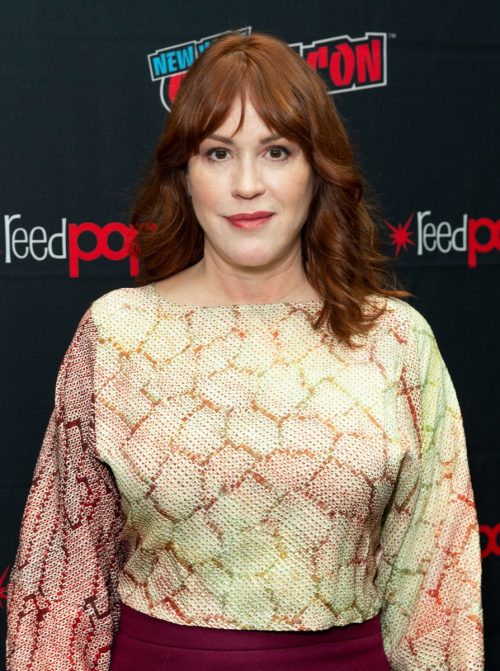
To The Guardian, Ringwald differentiated people being canceled “unfairly” from people being canceled for major crimes.
“It’s like bullying in schools. They say: ‘We have a zero-tolerance policy.’ After that, it still exists, but it goes a little bit underground. It’s a bit harder to get caught. It gets harder to say: ‘Is this bullying or not?’ It’s a bit like that with #MeToo,” Ringwald said.
She continued, “I don’t think a Harvey Weinstein situation could exist now. But, again, a lot of people have gotten swept up in ‘cancellation’, and I worry about that; it’s unsustainable, in a way. Some people have been unfairly canceled and they don’t belong in the same category as somebody like Harvey Weinstein.”
The disgraced producer is now in prison after being convicted of sexual assault and multiple counts of rape.
She says that Americans behave like “puritans” in these situations.
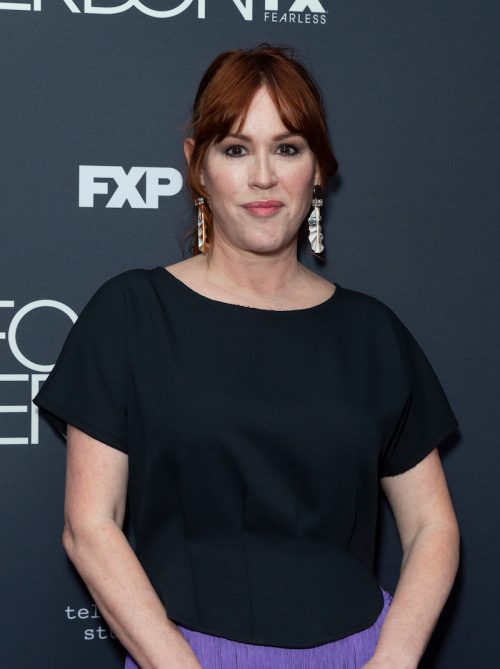
Ringwald went on to explain that she sees a lack of nuance in how people in the U.D. try to create change, and why she worries it will have a negative effect going forward.
“What it ends up doing is make people roll their eyes,” she continued. “That’s my worry. I do want things to change, for real. Workplaces should be places where everyone can feel safe—not just in Hollywood, but everywhere. Particularly Americans. We can never do things incrementally; we’re so binary, so all or nothing. We’re basically a bunch of puritans.”
For more celebrity news delivered right to your inbox, sign up for our daily newsletter.
She applied similar thinking to her past films.
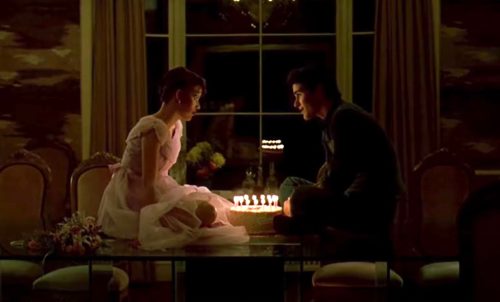
In the ’80s, Ringwald was one of the biggest young stars of the day, thanks to her roles in Hughes’ movies Sixteen Candles, The Breakfast Club, and Pretty in Pink. Those movies are beloved and considered classics but also contain sexism, racism, and homophobia. The now-55-year-old actor reflected on their complicated legacy in a 2018 piece for The New Yorker, acknowledging both the positive and negative impact they have had.
“John’s movies convey the anger and fear of isolation that adolescents feel, and seeing that others might feel the same way is a balm for the trauma that teen-agers experience,” she wrote. “Whether that’s enough to make up for the impropriety of the films is hard to say—even criticizing them makes me feel like I’m divesting a generation of some of its fondest memories, or being ungrateful since they helped to establish my career. And yet embracing them entirely feels hypocritical. And yet, and yet….”
She sees the change in the next generation.
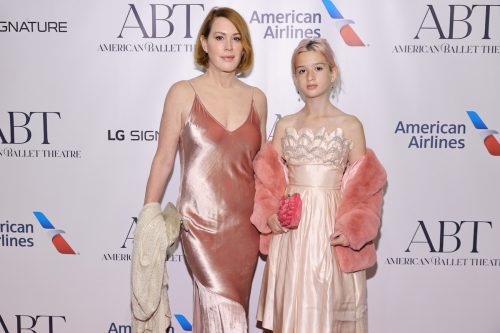
Ringwald has three children: a 19-year-old daughter and 13-year-old twins. She has talked about her children being critical of her teen comedies. The Guardian interview notes that she can’t watch The Breakfast Club with her younger daughter. “She’s very liberal. I mean, I’m very liberal, but she’s another level. Which she should be, and I’m glad,” the actor said.
Similarly, in an interview with Andy Cohen in 2021, she said, “My 12-year-old daughter, Adele, is the most woke individual that you’ve ever met, and I just don’t know how I’m gonna go through that, you know, watching it with her and [her] saying, ‘How could you do that? How could you be part of something that…'” She continued, “On the other hand, [the movies are] also about people that felt like outsiders. They speak to a lot of people. They’re complicated, and I feel like that’s what makes the movies really wonderful.”